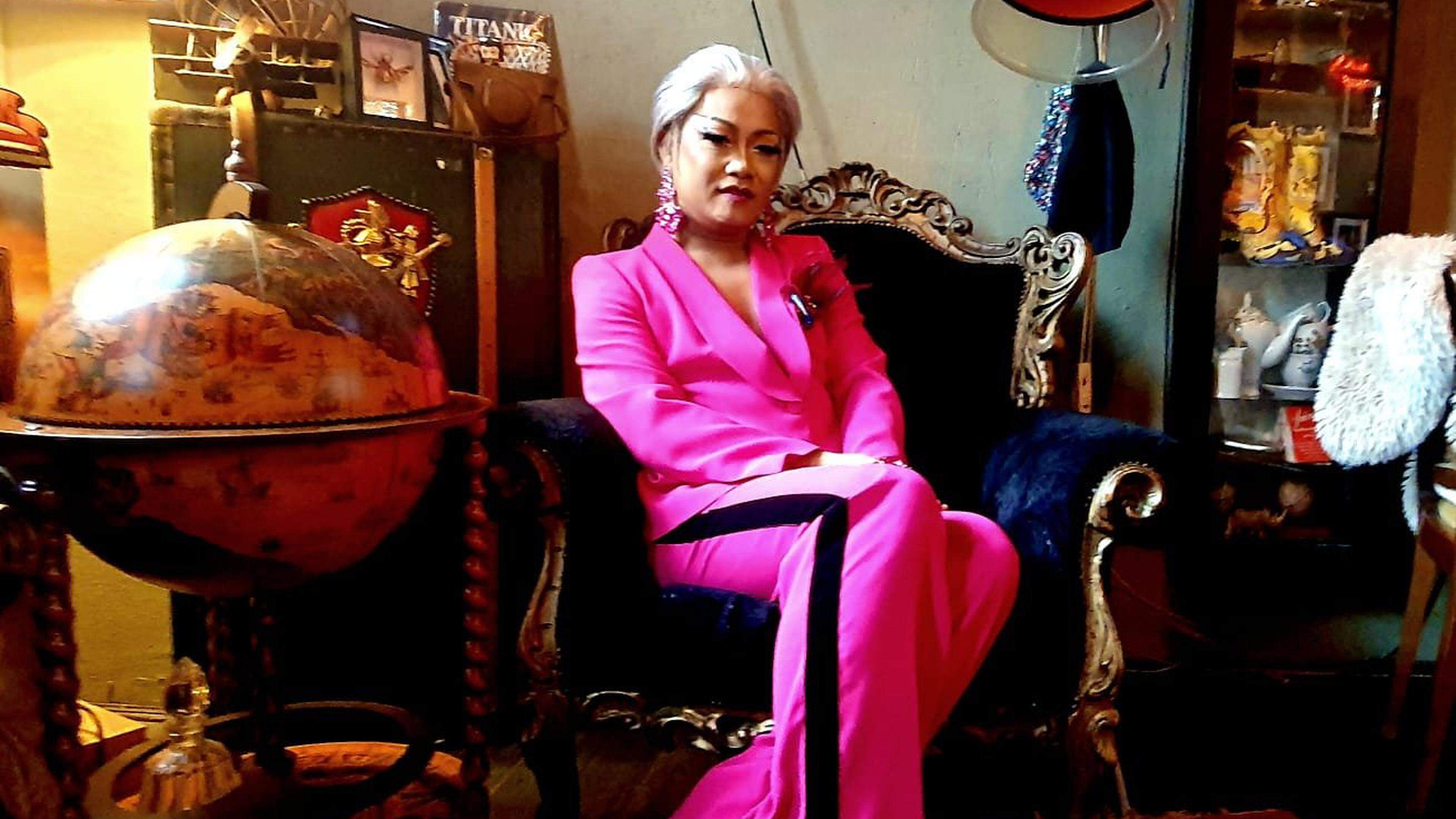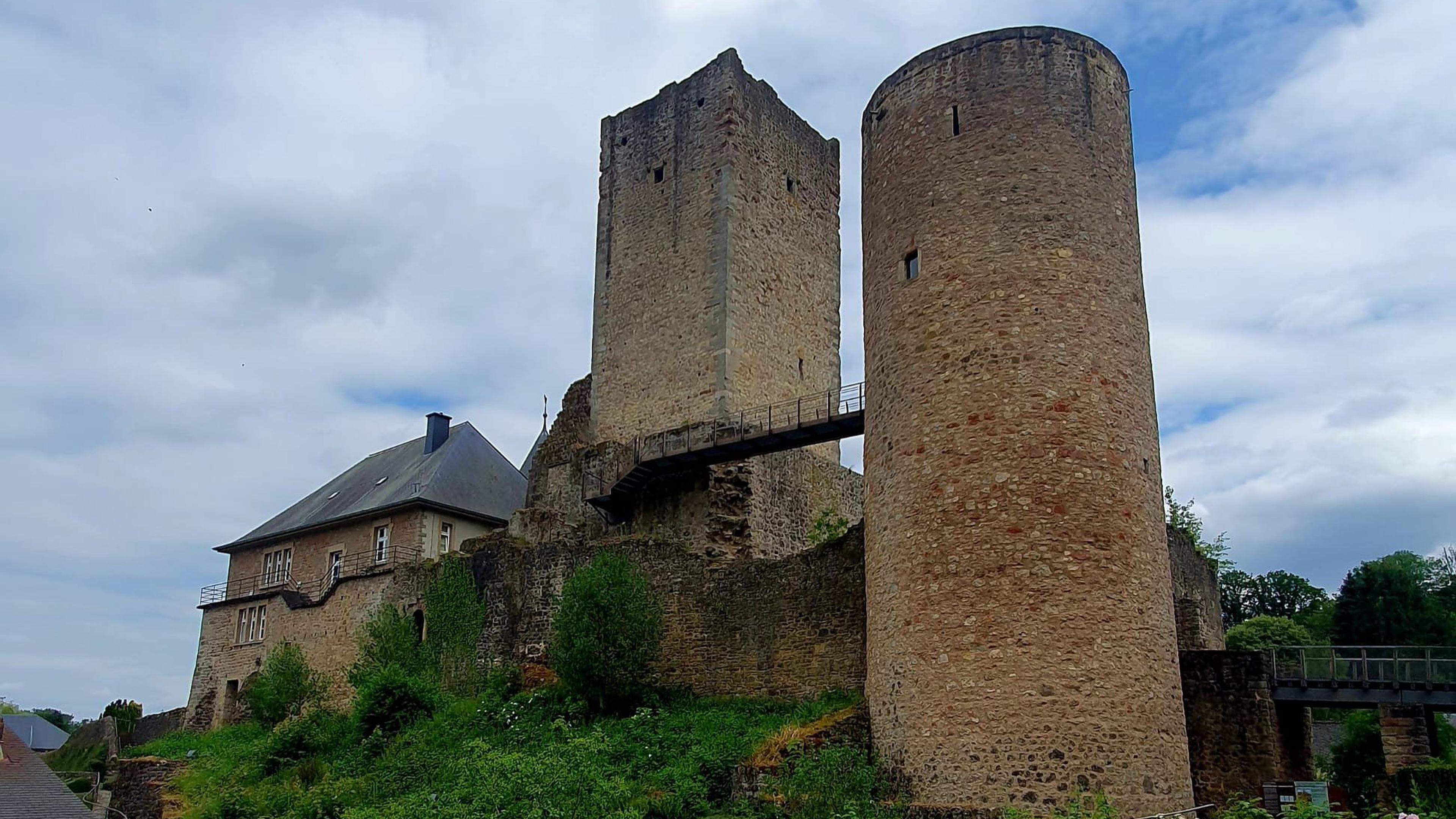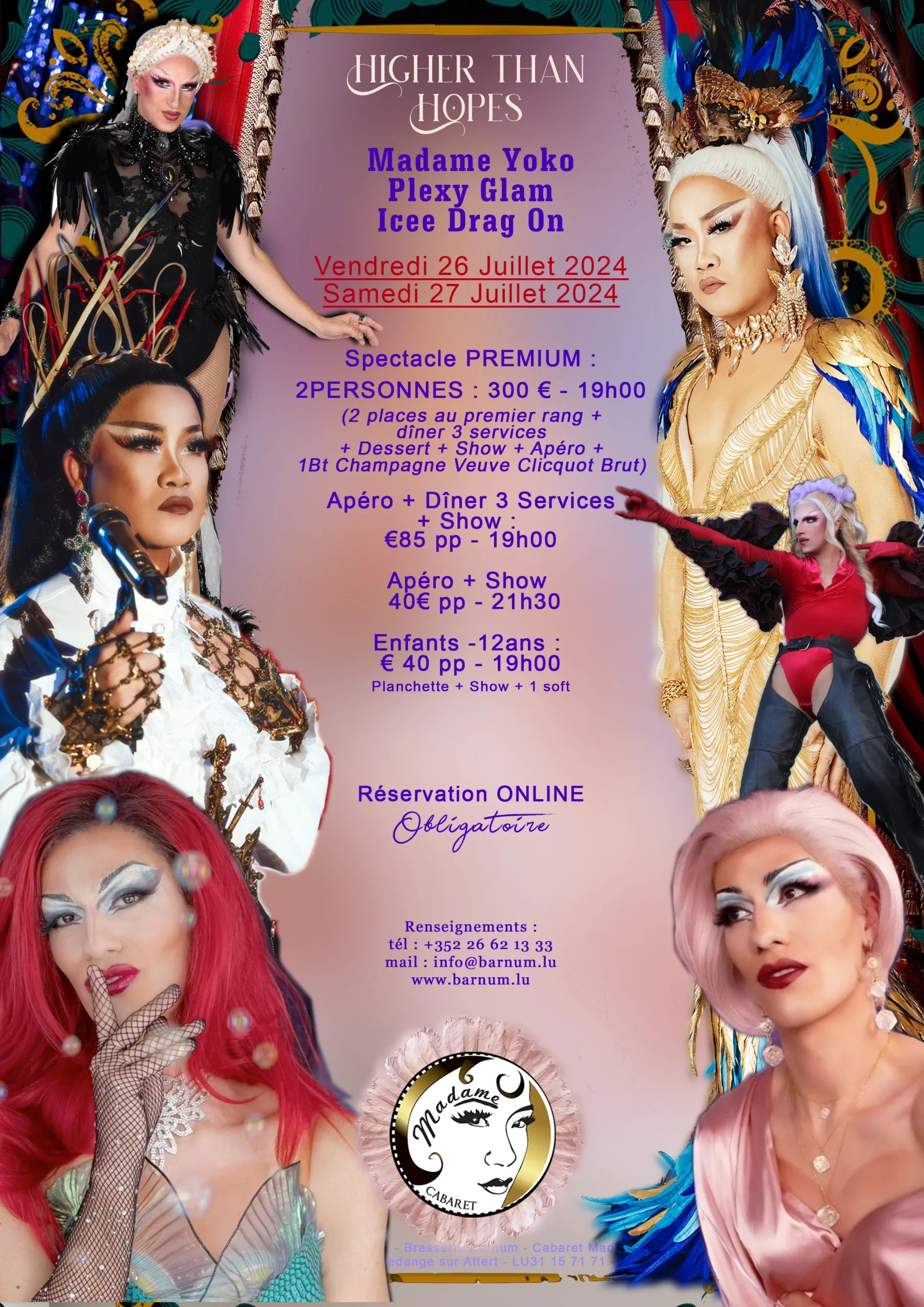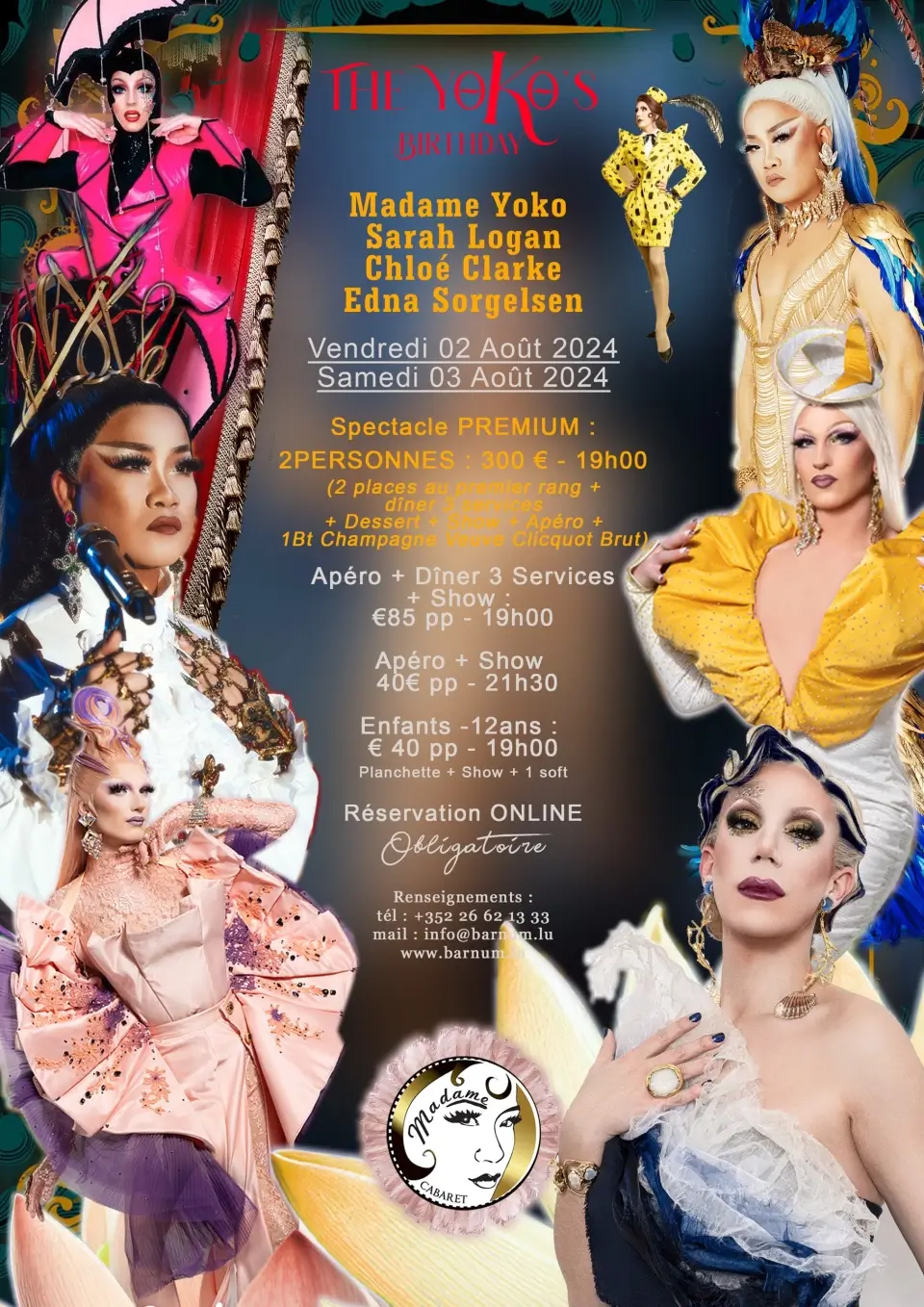Day 6: A drag refuge deep in the Luxembourg countryside
Follow Ricardo J. Rodrigues as he embarks on a 21-day walk that will take him across the country to unravel Luxembourg's mysteries

On the way, I met Ian Lejeune, a Belgian of Vietnamese origin © Photo credit: Ricardo J. Rodrigues
Crossing the Westlands went quickly so I decided to stay an extra day in the West to go continue to Redange-sur-Attert and stop in Useldange and Reimberg. And I'm glad I stayed.
There is something magical about the woods here, a setting that takes you back to the tales in children's books and fantasy movies. The curves in the path lead to ferns taller than a man, and the tree roots are crooked and covered with moss, like the arms of a sleeping giant underground.
In the crypt of Useldange Castle, I discover the story of Catherine Theis, a woman who was arrested in the 17th century and accused of witchcraft - in fact, she did little more than use the forest’s herbs to make medicine.

There is something magical about the woods here © Photo credit: Ricardo J. Rodrigues
Redange is the largest village in the region and the seat of the commune of the same name. It has more than 3,000 residents, which does not even remotely qualify to be called a city. But it has stores, cafés and people strolling down the street.
On the way, I met Ian Lejeune, a Belgian of Vietnamese origin who settled in the region 10 years ago. He was wearing a pink suit, a white wig, and long fake eyelashes, painted in vibrant colours. "Hello," Lejeune said, "you may call me Madame Yoko."
Lejeune, alias Yoko, owns Brasserie Barnum, a restaurant that organises drag queen shows. He doesn't like to call his restaurant a gay bar, "because we are actually straight-friendly and we also accept heterosexuals," he said - half seriously, half jokingly.
He prefers to define his place as "a haven for those who feel different and a haven for tolerance." He also takes some pride in knowing that this is the only bar geared toward the LGBT community in the country. "In the capital, since Bar Rouge closed there is nothing. There's only us, in the middle of a village lost on the map."
It is not always easy. "People pass me on the street, whether I'm dressed as a man or a woman, and they don't speak to me, even if I greet them. It's like they're afraid of catching some disease," he said.
"In the city there are parties and organisations and events. But you know, the kid coming from Afghanistan or Syria or who has an overly conservative family and is searching for his sexuality…he's never going to contact an institution. He's going to look for a bar to discover himself,” he added.
And some young people visit the restaurant to get a first glimpse of a drag show. "A few weeks ago, a 17-year-old boy showed up here with his parents. He asked me to perform next to him, dressed as a woman. His parents accepted the idea and I held his hand, helped him pick out clothes, gave him a chance. Maybe that will help him figure himself out instead of him isolating himself and starting to see the world as a dark place."
Yoko believes that's why people come from far afield. "When there's a show, people come here from Trier, Metz and Nancy, from Liege and Brussels. And they sing and dance with me, and everybody leaves here laughing. The locals don't come, but I know that I am an ultimate stronghold for tolerance. I can't afford to pay rent in the city, but I can here. So I won't leave until they throw me in the fire."

